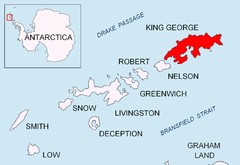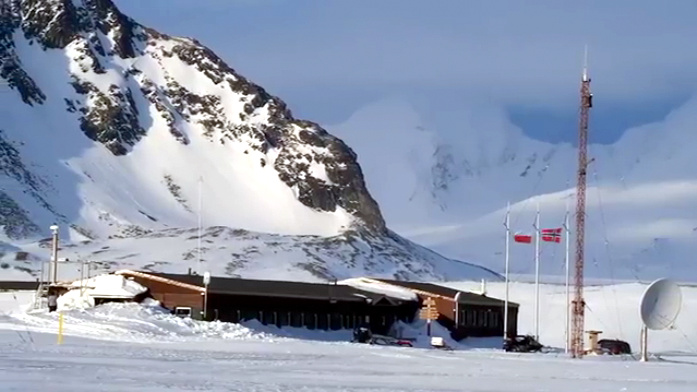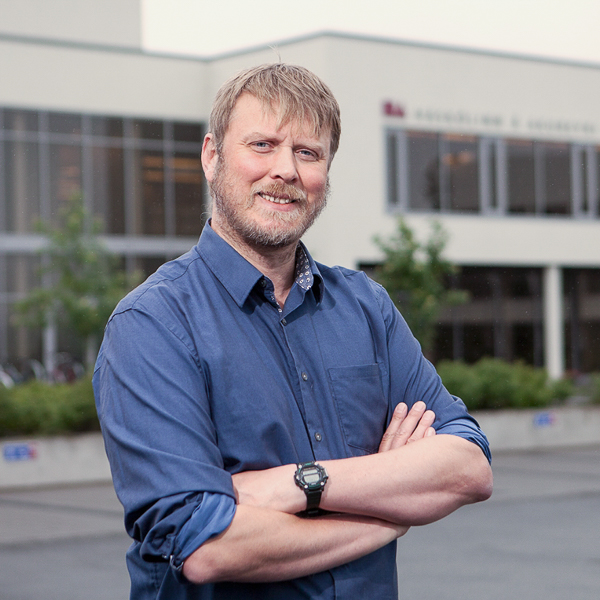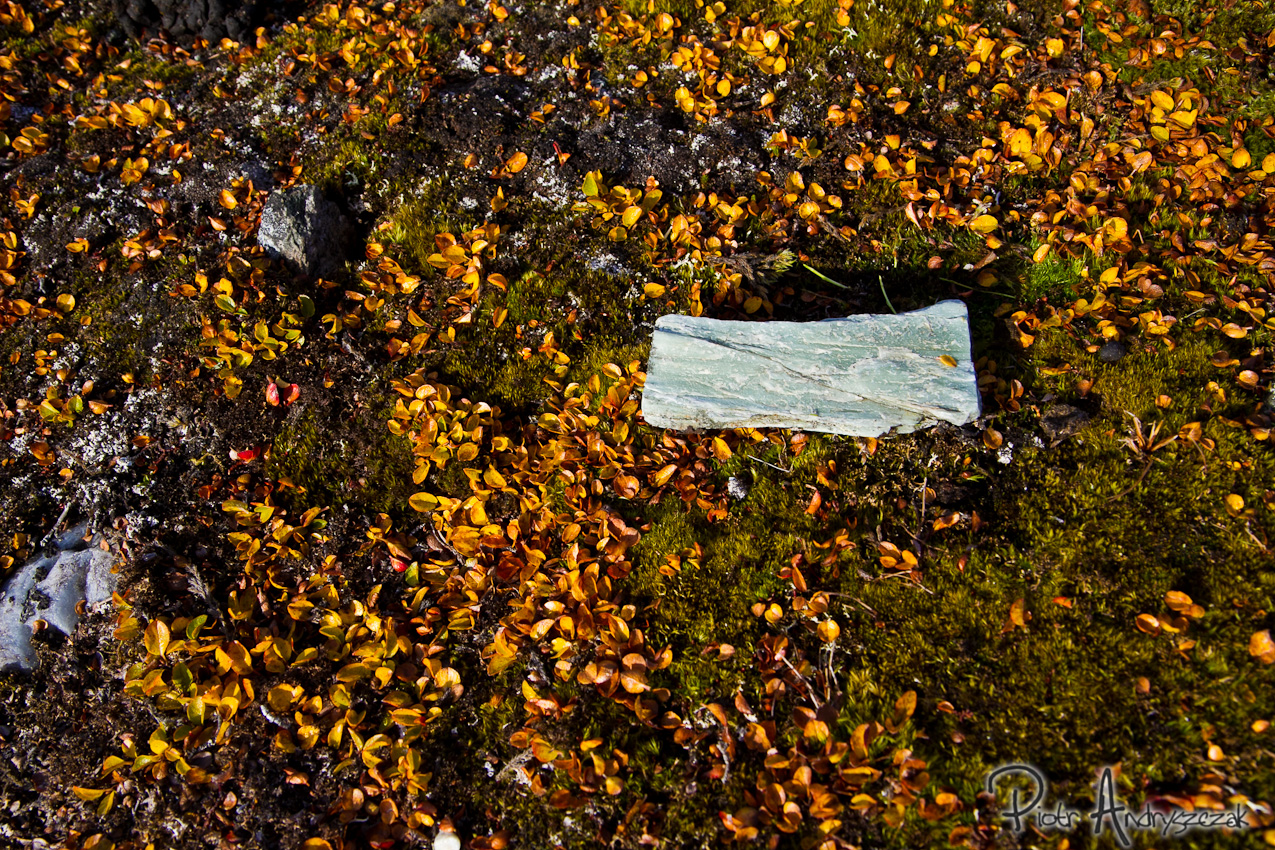News
- Details
 The EDU-ARCTIC Consortium is happy to announce two online lessons to be broadcasted directly from Antarctica!
The EDU-ARCTIC Consortium is happy to announce two online lessons to be broadcasted directly from Antarctica!
- Details
 On the 6th of March, the EDU-ARCTIC programme was presented during a session at the 11th annual International Technology, Education and Development Conference (INTED2017) in Valencia (Spain).
On the 6th of March, the EDU-ARCTIC programme was presented during a session at the 11th annual International Technology, Education and Development Conference (INTED2017) in Valencia (Spain).
- Details

For those who submited applications (a short summary of their projects), the next stage starts and continues until the full project submission deadline on the 21st of March at midnight UTC!
- Details
 The Arctic Competitions deadline is fast approaching. The applications (short summary) must be uploaded by the 1st of March (by midnight), while full proposals must be submitted by the 20th of March (also by midnight). Stay creative!
The Arctic Competitions deadline is fast approaching. The applications (short summary) must be uploaded by the 1st of March (by midnight), while full proposals must be submitted by the 20th of March (also by midnight). Stay creative!
- Details
The EDU-ARCTIC project is happy to announce that its "citizen science" Monitoring System, in which school children and their teachers can observe the environment around them, is now available.
We’re natural observers. Observing is how we learn about the world and about other people. So what can be more natural than observing natural world around us?
- Details
 As the online-lesson on fisheries in Arctic and subarctic seas ("Northern seas, why is all the fish there?") is approaching, Hreiðar Þór Valtýsson, an expert from the University of Akureyri, Iceland, tells teachers and students what to expect.
As the online-lesson on fisheries in Arctic and subarctic seas ("Northern seas, why is all the fish there?") is approaching, Hreiðar Þór Valtýsson, an expert from the University of Akureyri, Iceland, tells teachers and students what to expect.
- Details
 EDU-ARCTIC was covered on the web-site of the Scientix project.
EDU-ARCTIC was covered on the web-site of the Scientix project.
- Details
 Maybe some of you are aware and other aren't, but in almost plantless areas like the Arctic and Antarctic, there are trees - or rather there used to be, because their forms are far more different than those we are familiar with.
Maybe some of you are aware and other aren't, but in almost plantless areas like the Arctic and Antarctic, there are trees - or rather there used to be, because their forms are far more different than those we are familiar with.

 This project (EDU-ARCTIC) has received funding from the European Union’s Horizon 2020 research and innovation programme under grant agreement No 710240. The content of the website is the sole responsibility of the Consortium and it does not represent the opinion of the European Commission, and the Commission is not responsible for any use that might be made of information contained.
This project (EDU-ARCTIC) has received funding from the European Union’s Horizon 2020 research and innovation programme under grant agreement No 710240. The content of the website is the sole responsibility of the Consortium and it does not represent the opinion of the European Commission, and the Commission is not responsible for any use that might be made of information contained.